Your Clinic
SET A LOCATION
Your Clinic
SET A LOCATION
From the time toddlers enter preschool, books are an essential aspect of learning. Toddlers are typically introduced to “big books” before three to four years old. Big books are enlarged versions of texts that allow educators to implement shared reading. Children learn about literacy by seeing and hearing reading in their everyday lives (i.e. bedtime stories) in much the same way they learn to talk. Shared reading is a way for teachers and caregivers to model reading.
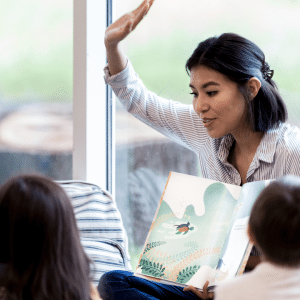
Dialogic reading is a form of shared reading in which specific types of prompts are used to engage the child in becoming the storyteller. The adult’s role is to prompt the child with questions, expand the child’s verbalization, and praise the child’s efforts to tell the story and label objects within the book.
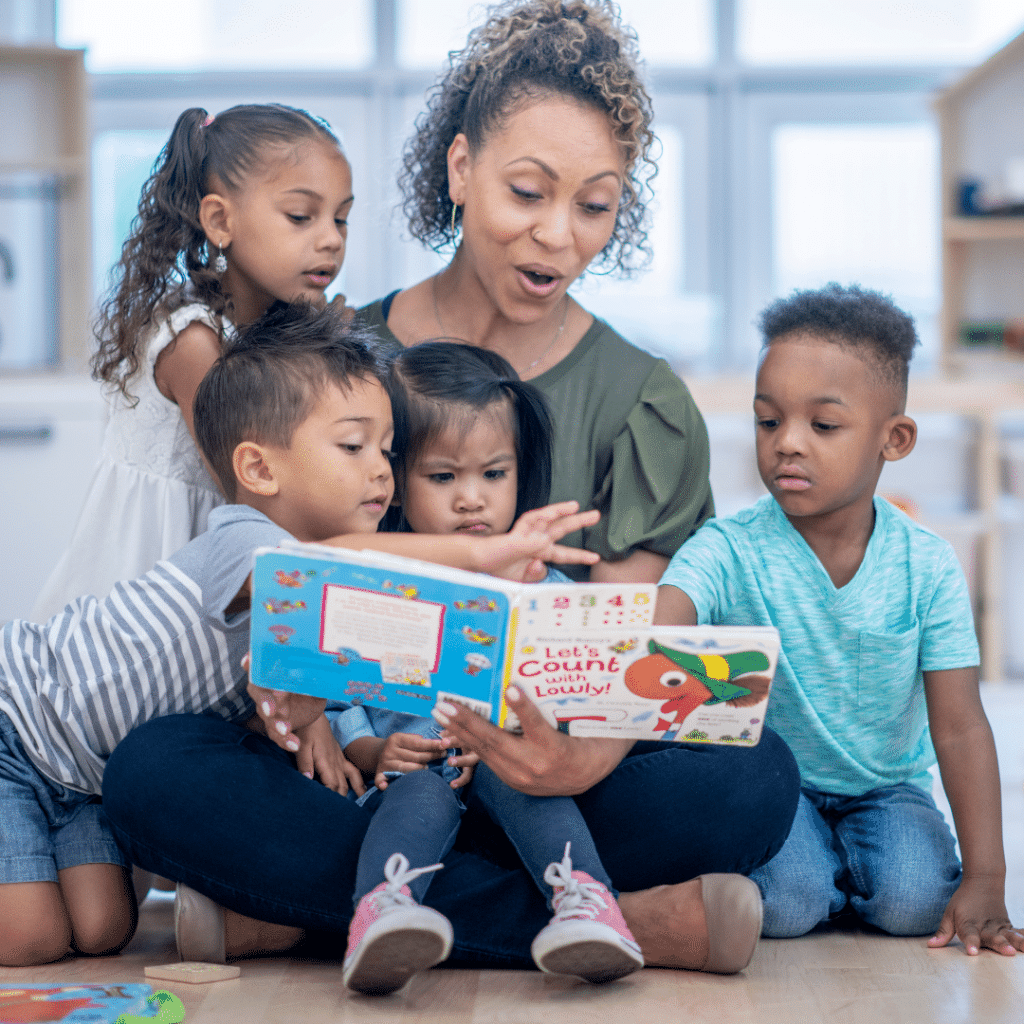
On Reading Books to Children: Parents and Teachers. N.p., Taylor & Francis, 2003.
The post The Positive Effect Shared Reading Has on Children’s Language Skills appeared first on PPT4Kids.


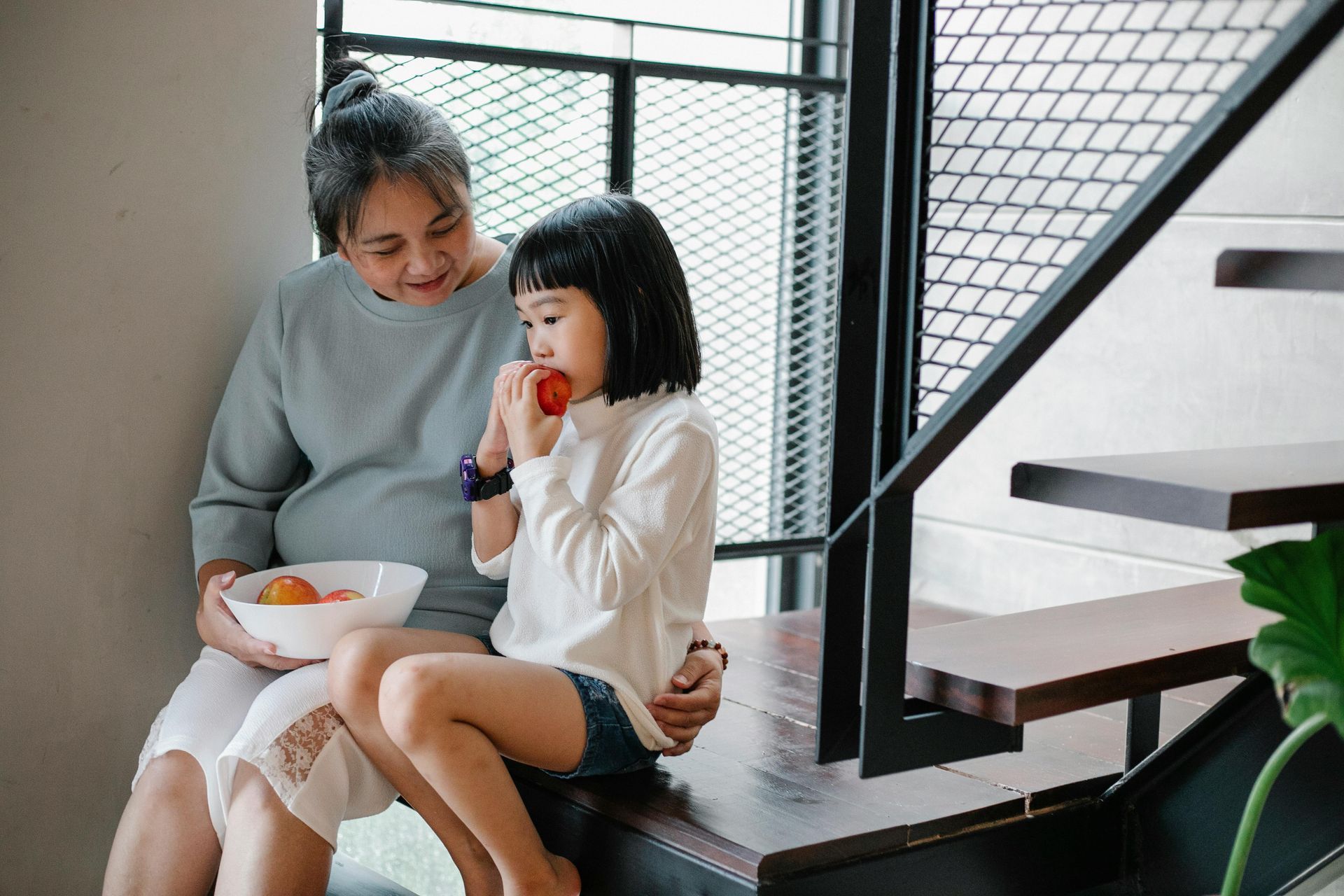
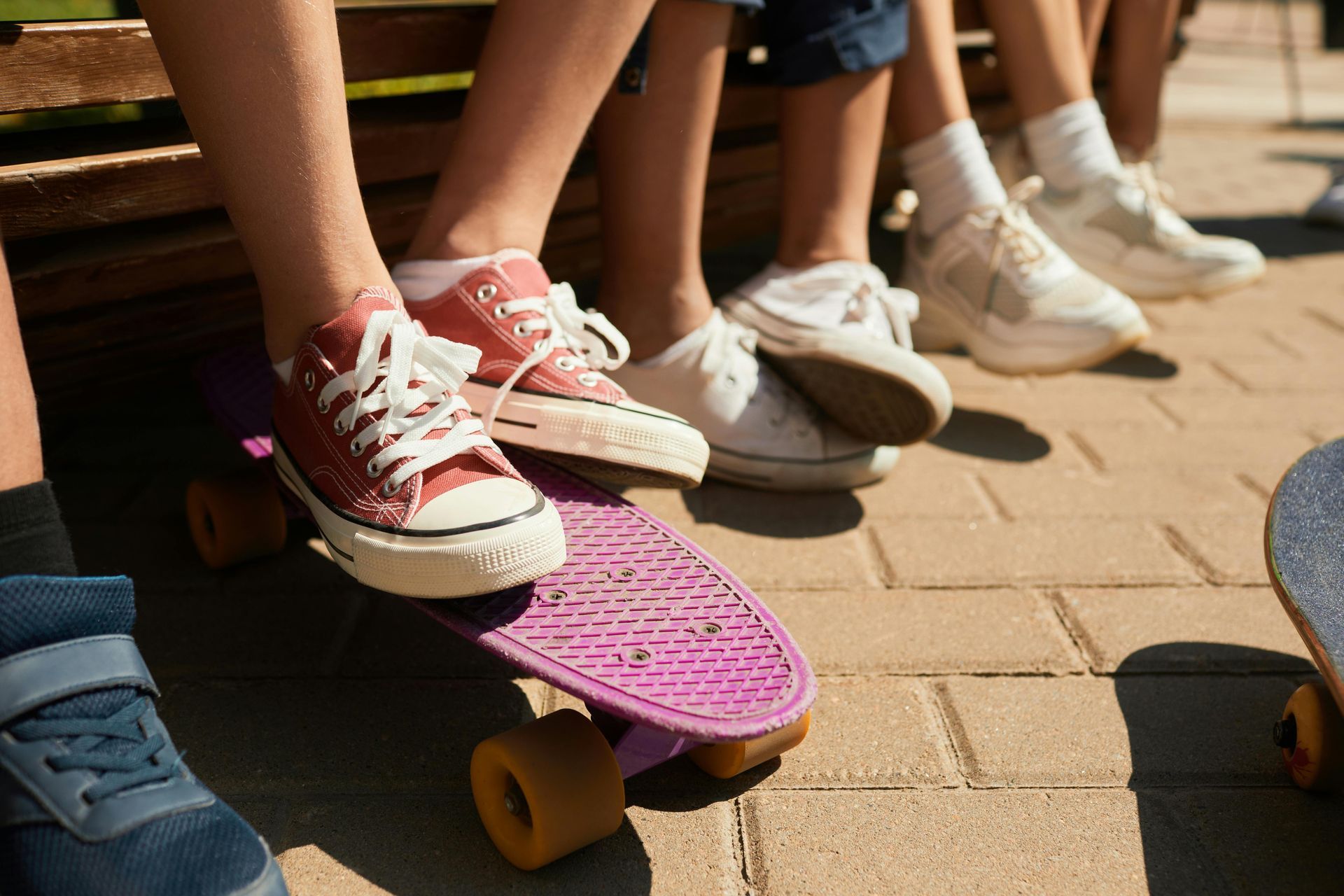


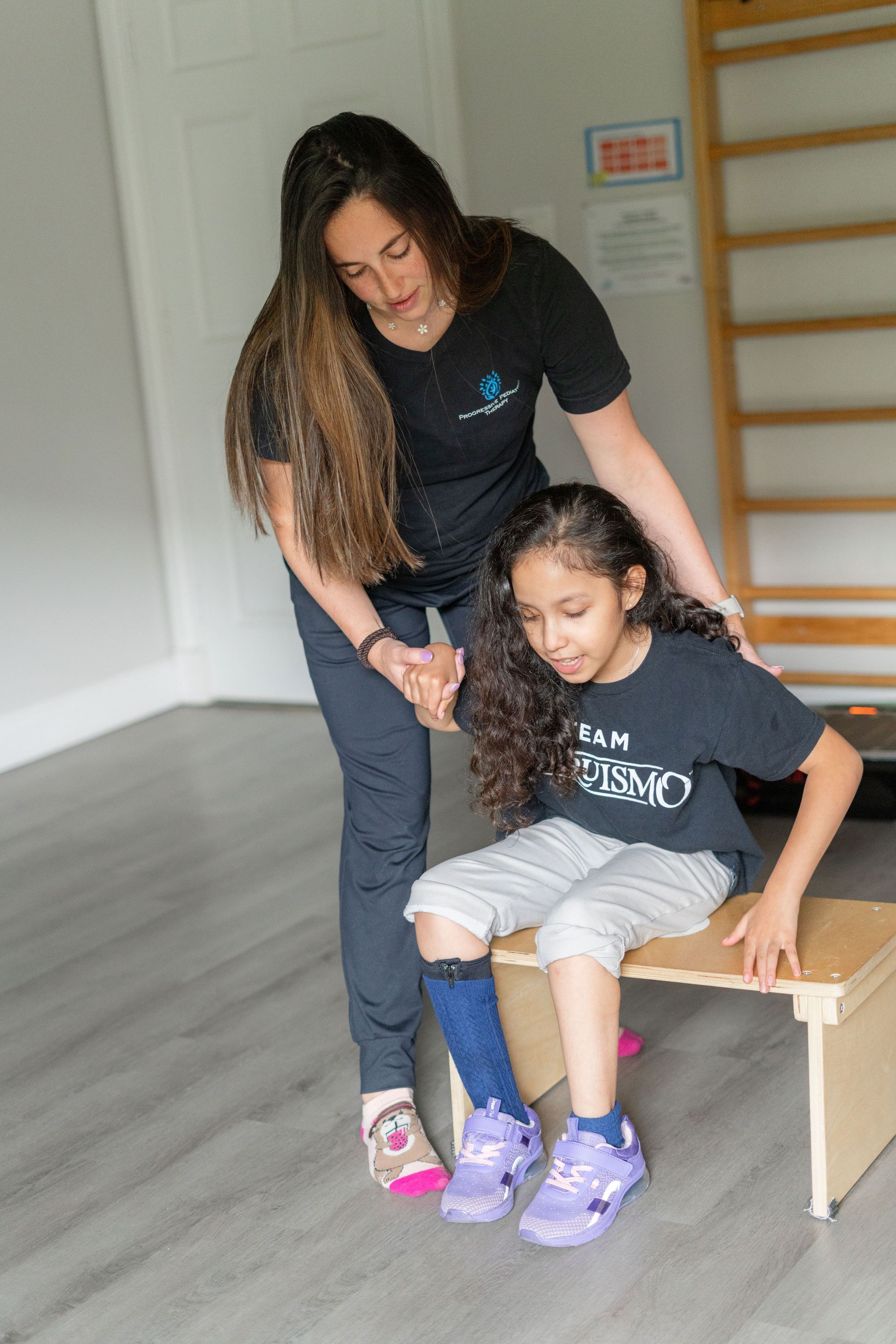
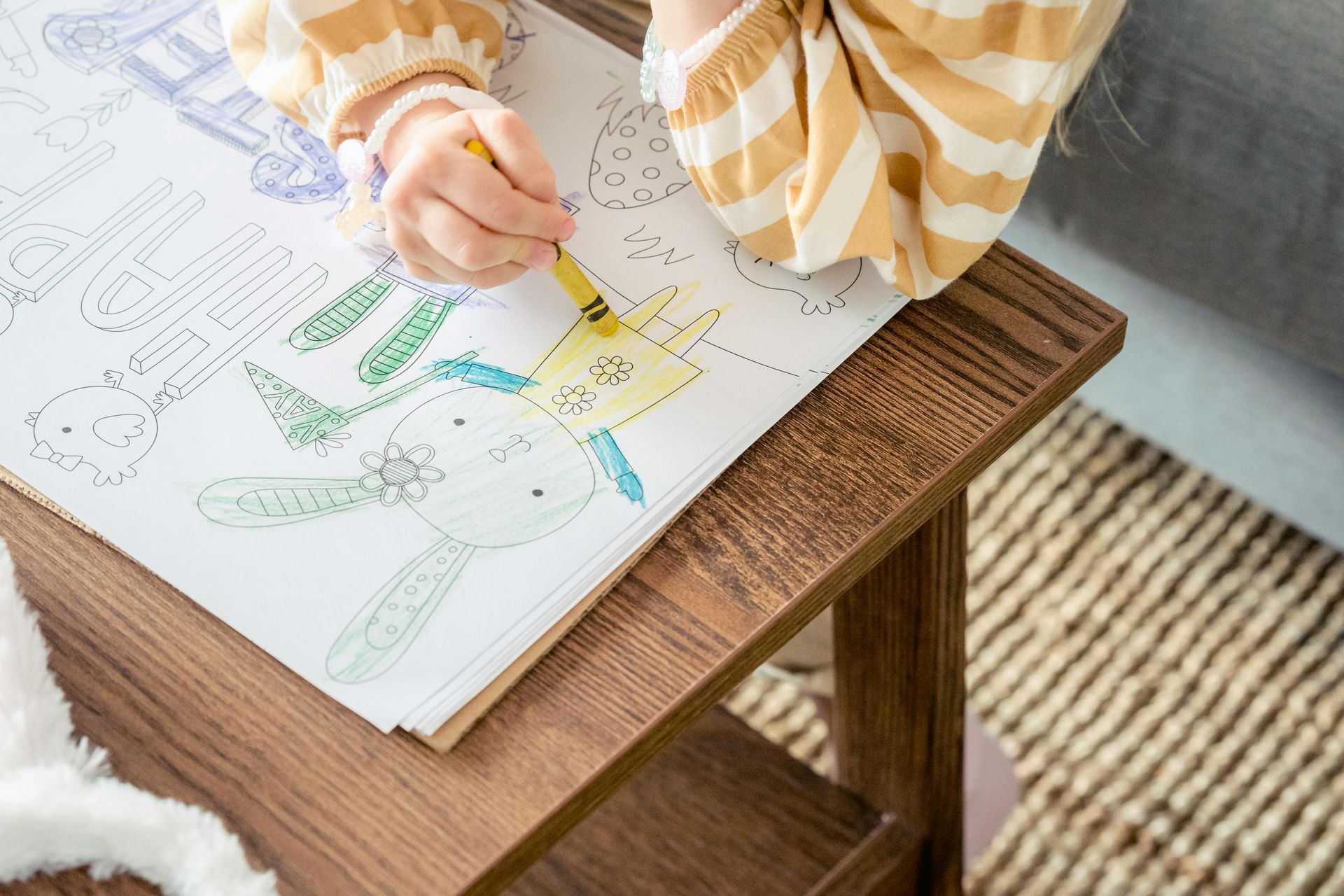
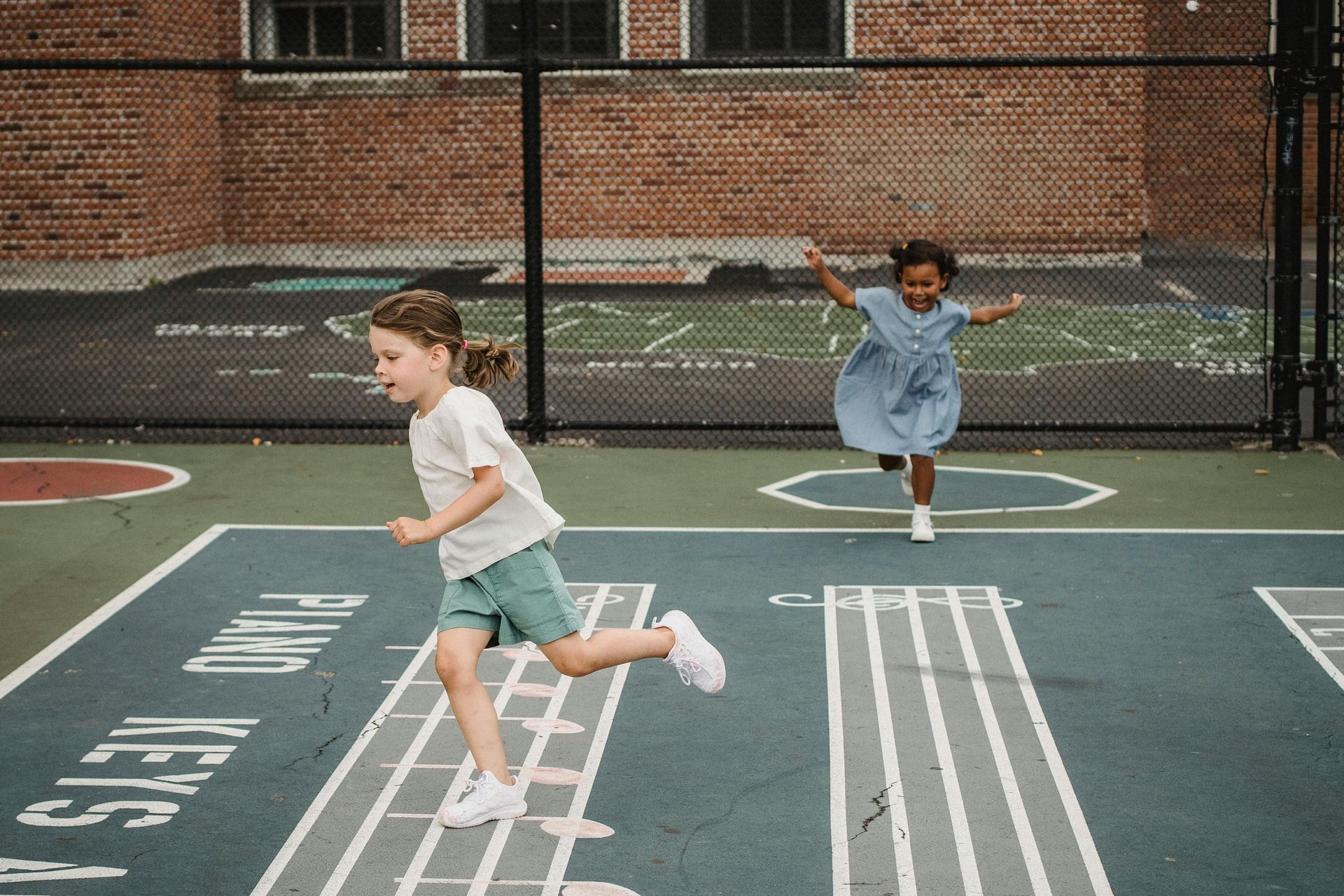
We empower children, families, and the community to learn, grow, and celebrate every child's unique abilities.
Quick Links
Contact Details
Phone: 561-376-2573 | 561-918-0190
Fax: 561-218-4939
VIP Concierge: 561-717-1764
Clinic Locations
All Rights Reserved | Progressive Pediatric Therapy, Inc. | Privacy Policy | Terms of Service
Site by Spearlance